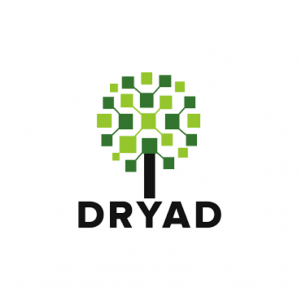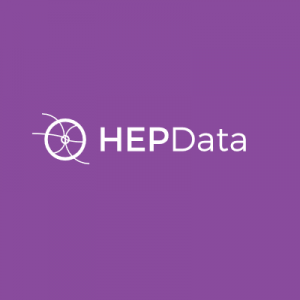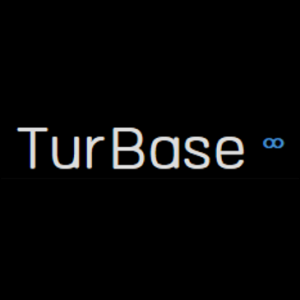Where and how to store data on-line?
Published to support findings in publications, data can be made available in several ways: as a supplement to articles (small volumes via supplementary materials), in data repositories, and as data papers.
A study performed by the Alan Turing institute observed a citation rate of over 25% for publications including a link to data stored in a repository.
There are many general (such as Zenodo), national, institutional and thematic data repositories.
In France, the multi-disciplinary repository Recherche Data Gouv enables researchers to deposit their datasets. Recherche Data Gouv offers moderation to guarantee the quality of the data description, making it easier to reuse.
It is generally recommended to choose a disciplinary or thematic repository that is recognised in its community.
Here is a list of the repositories open to chemistry and physics data. Researchers should take into account several criteria:
- Should your data be fully open access or kept under embargo?
- Do you want your data to be reviewed to check the quality of the metadata?
- Would you choose a repository backed by a private publisher?
- Would you like to link the data submitted to your publications?
To help research teams identify a repository in their discipline, the Research Data College of the Open Science Committee is proposing a method for identifying trusted thematic repositories, as well as an initial list of repositories based on the analysis criteria grid.
This list is evolving, non-exhaustive and is intended to be gradually completed by the Collège des Données de la Recherche. It can be accessed here and on the “Trusted repositories” page of the Research Data Gouv portal.
If there is no appropriate disciplinary repository, it is recommended to deposit via the national repository Research Data Gouv.
































